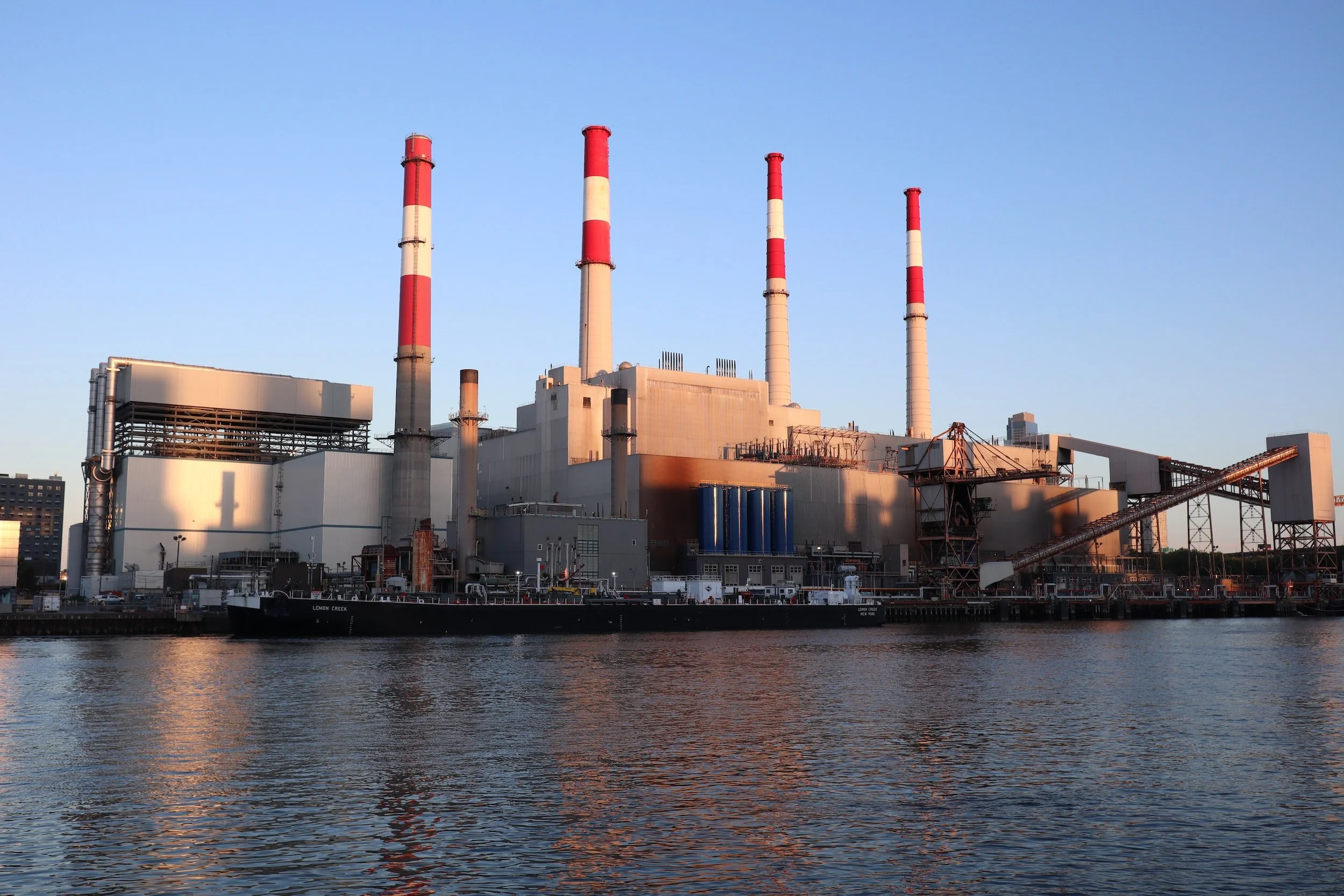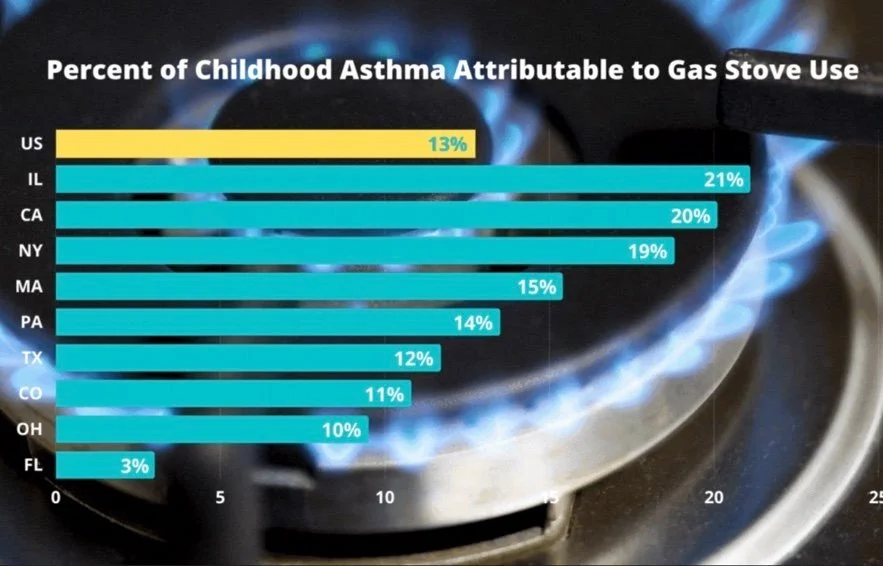The standard reasons to avoid cryptocurrency are known to many of us, including its volatility, the speculation involved in its rise and fall, and lack of intrinsic value. One you may not know about is the adverse environmental impact of the industry on New York and the Northeast, and indeed, the world.
Cryptocurrency “mining” is an energy-intensive process requiring ever increasing electric power generation as the value of the coins increases. According to the NY Times (reference below), yearly creation of Bitcoin requires about 91 terawatt-hours of electricity annually, comparable to the annual use by the 5.5 million inhabitants of Finland. A terawatt-hour is a unit of energy equal to outputting one trillion watts for one hour.
The concept of “mining” is difficult to understand, and revolves around how cryptocurrency creates an electronic payment system not based on banks and other regulatory organizations. The network of users maintains all records of transactions and mining rewards those aiding in managing the vast virtual ledger. And this is where energy comes in to the equation. Mining one coin in 2009 used a few seconds of electricity on a home computer when Bitcoin was worth little. Today, with a Bitcoin worth about $17,000 (down from $50,000 in 2021) it requires about 9 year’s worth of electricity supplied to a typical home.
This seemingly insatiable appetite for electric power is adversely impacting NY in a number of ways. A power generating plant on Lake Seneca in the Finger Lakes region discharges warm water into the lake, changing the ecology, affecting fishing, wildlife and recreational opportunities. Most of the plant’s output from fossil fuel generated electricity is used for crypto mining and adds to air pollution in the region. Indeed, some plants have been purchased by investors solely to generate power for crypto and use highly polluting waste coal as a fuel source. In many cases, rate payers in those communities subsidize crypto mining, pay more for their own electricity needs, and are charged with environmental cleanup costs. The Sierra Club and EarthJustice report that CO2 emissions increased by 479% in the first year of mining operations at Seneca Lake.
Two days before Thanksgiving, New York Governor Hochul signed landmark environmental legislation, the first of its kind in the nation, that declares a 2 year moratorium on new cryptocurrency mining installations that rely on carbon-based fuels for energy generation. The bill requires “completion of a comprehensive generic environmental impact study of cryptocurrency mining operations using proof-of-work methodology in the State of New York in the context of the Climate Leadership and Community Protection Act (CLCPA) goals established in statute in 2019” before permits are issued. Please thank the Governor for this and her support of NY’s environment at 1-518-474-8390.
The Fortistar North Tonawanda gas powered power plant on the Niagara Frontier north of Buffalo, previously run only when the grid was at capacity, has been gearing up to run full time to supply cryptocurrency mining needs, threatening the environment in several nearby environmental justice areas. There is opposition developing to the continued operation of that plant. Advocates say that the Governor should finish the job begun with the recent signing and shut down crypto mining in NY altogether.
Steven J Goldstein MD: SJG34@Cornell.edu
Learn more here:
https://www.nbcnews.com/science/environment/some-locals-say-bitcoin-mining-operation-ruining-one-finger-lakes-n1272938
https://www.cacwny.org/2022/07/rebuttal-to-buffalo-rising-series-advocating-against-unregulated-cryptocurrency-mining-and-against-a-7389c-s-6486d-for/
https://earthjustice.org/sites/default/files/files/energy_bomb_bitcoin_white_paper_101322.pdf


